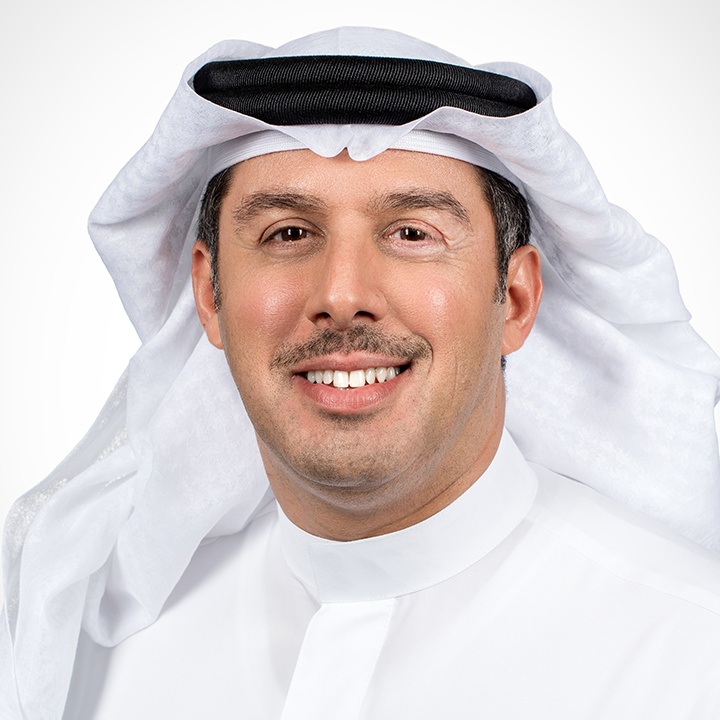2017 was a record-breaking year for Bahrain EDB, bucking global trends to attract 71 companies to Bahrain with investments amounting to BHD 276M ($733M). The fact that this came despite FDI around the world falling 23% is testament to just how compelling the Bahrain investment opportunity continues to be across multiple sectors.
And in just the first seven months of 2018, we have seen things get even better.
So far, we have attracted another 76 businesses to set up in Bahrain, already more than we did over the course of 2017. Moreover, these companies have contributed to BHD 305M ($810M) in direct investment, exceeding last year’s record total! Investments by these companies are expected to generate more than 4,200 jobs by 2021, a significant increase on the already impressive 2,800 jobs projected to be created by last year’s investments.
The companies attracted by Bahrain EDB come from a diverse range of locations and operate across a variety of sectors, with particularly strong investment in manufacturing & logistics, tourism, ICT and financial services.
Among the major announcements this year are the inauguration of a new $90M factory by Mondelēz, the launch of a series of innovation hubs including Flat6Labs Bahrain and the Brinc-Batelco IOT Hub, as well as the establishment of Bahrain FinTech Bay – the largest dedicated FinTech hub in MENA.
In addition, we have also been prime facilitators in:
- US textile manufacturer WestPoint Home’s decision to invest $2–3M in the expansion of its state-of-the-art complex in Bahrain. The additional investment aims to capitalise on what the company sees as a major growth opportunity in the GCC and European markets.
- Italian water heater manufacturer Ariston Thermo opening its first plant in Bahrain earlier this year – a 7,000sqm facility with a production capacity of 250,000 electric water heaters, located within the Bahrain International Investment Park (BIIP).
- Saudi-based IQS Global Supply Chain establishing its presence in the Kingdom, offering e-commerce, freight and supply chain services to an increasingly integrated market and further boosting Bahrain’s status as a regional logistics hub.
- The inaugural Gateway Gulf Forum – an investment forum held in Bahrain during May, attracting more than 500 global and regional industry leaders. As well as three days of discussion and high-level debate, we saw the launch of the $1Bn Bahrain Energy Fund, the $100M Al Waha Venture Capital Fund of Funds, and the announcement of the Al Sahel Resort, the Kingdom’s first five-star retreat.
While we have witnessed a diverse range of investment, it is mainly being driven by widespread international interest in the opportunities created by the economic transformation of the GCC. This transformation is in part a consequence of lower oil prices, which catalyzed the shift of the role of government from operator to regulator. This has been followed by a wave of unprecedented reforms designed to drive investment and private sector-led development. As governments across the region turn towards the private sector as the primary engine of sustainable economic growth, this period is one in which businesses can benefit from opportunities previously inaccessible to the private sector.
Notable regulatory reforms in recent years include reducing the minimum capital requirements for establishing a business, as well as allowing for 100% foreign ownership in most sectors, the Central Bank’s introduction of the region’s first nationwide regulatory sandbox, and enabling conventional and sharia-compliant crowdfunding. Such regulatory reforms have resulted in Bahrain having operating costs significantly lower than its regional counterparts such as UAE and KSA, and in part explain the Kingdom’s consistent ranking among the region’s most liberalised and competitive economies.
The momentum behind these reforms has continued into 2018 and we expect to see a series of new reforms in the second half of the year, including a new bankruptcy law and new laws covering data protection and competition, as we continue to identify ways to unlock opportunities in the new, digitized economy. Bahrain has a strong track record as a regional pioneer, and we recognize the importance of having a dynamic regulatory environment that supports innovation in order to maintain our economic attractiveness and competitiveness.
Thanks to this positive outlook and ongoing investor interest in the GCC market, we are confident that we will continue to see increased FDI flows in the years to come.




